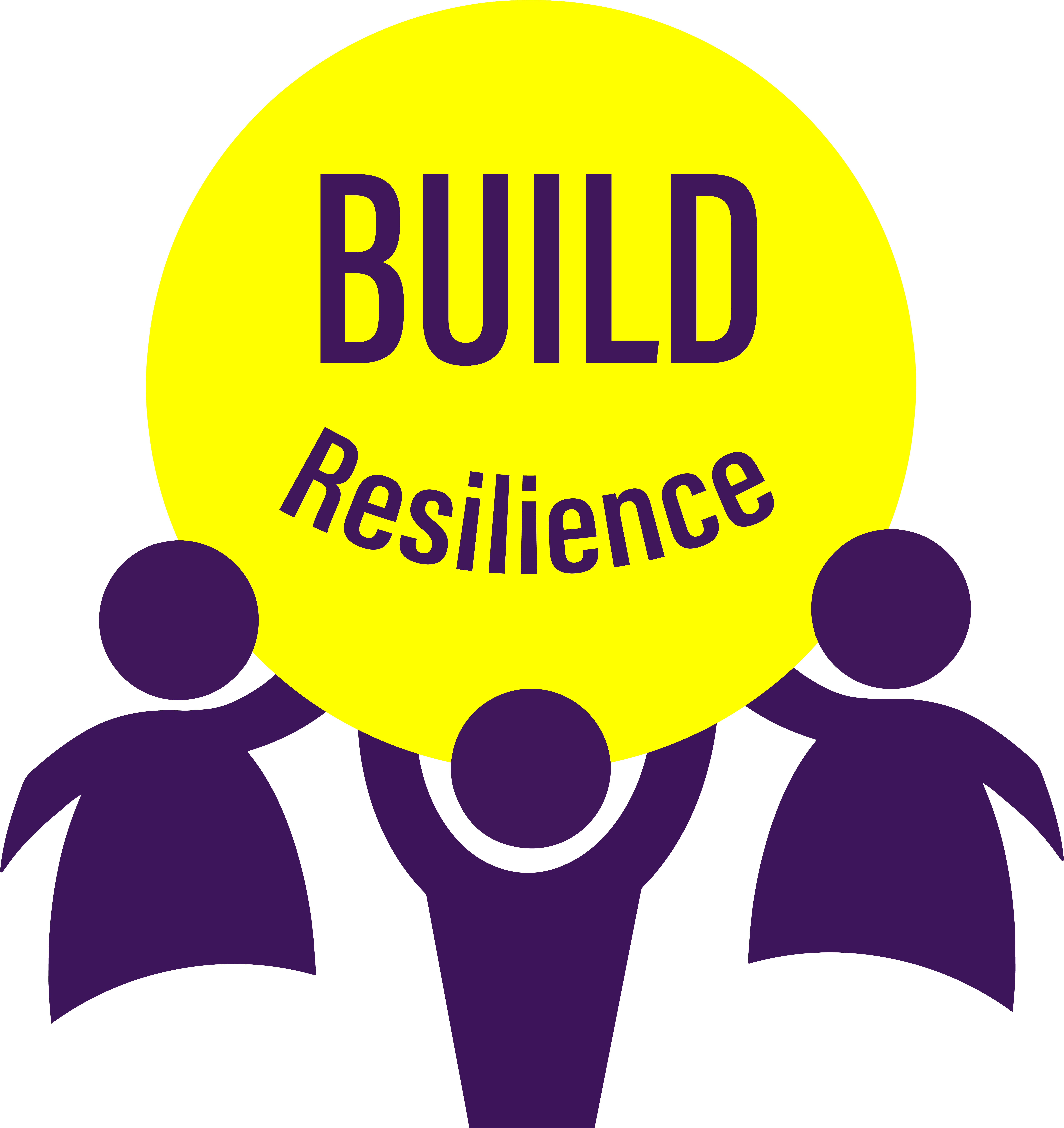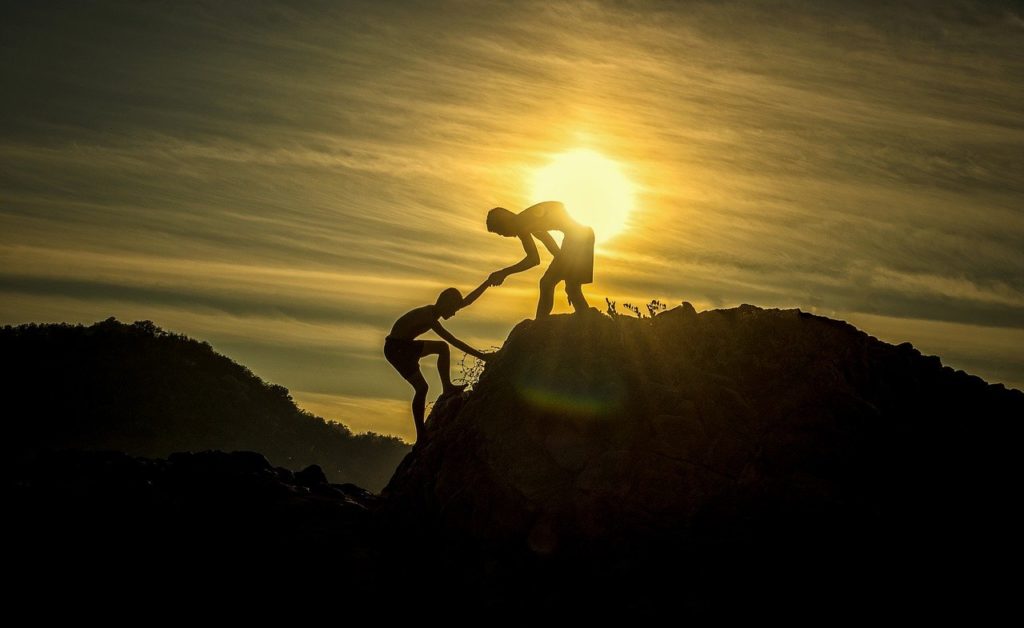About the project
Building Resilience for Brighter future (BUILD)
Duration of the project: 19 months
Start date: 1 September 2020
End date: 31 May 2022
The project in a nutshell
The project Building Resilience for Brighter Future (BUILD) aims to develop high quality learning course and support for 13-14 year old teenagers in order to equipping them with emotional and resilience techniques and strategies by transferring and adapting learning material based on an Irish curriculum to Icelandic and Lithuanian contexts.
Research has shown that suicide and self-harm activities among teenagers is a very complicated phenomenon and difficult to prevent or decrease. The World Health Organisation (WHO) has labelled it a word health problem. I fact, suicide is among the fifth most common causes of premature death in the age group 15-19 years in the world. A recent report showed that Iceland was one of four countries within OECD where suicide rates among 15-19 year old were the highest with 17.5 suicides per 100.000 people in 2015 but has decreased considerably over the past years with 9.8 suicides per 100.000 people. Lithuania has had one of the steepest rates increase since the 1990s with 22.2 suicides per 100.000 people in 2018. A 2015 European Social Survey further revealed that in self-reporting Icelandic teenagers were more depressed and anxious than their peers in the Nordic Countries. These statistics are alarming and too little is being done to tackle this health problem. While the family and the schools should be at the forefront of preventive measures against mental health problems there is still a need for a strategy and actions from the public authorities. Suicide rates among teenagers in Ireland have also been on the rise in recent years with UNICEF reporting them as the 4th highest within OECD with 10.3 suicides among 15-19 year olds per 100.000 people and a rise in self-reporting of mental health issues among teenagers in Ireland.
BUILD aims at equipping 13-14 year old teenagers (8th graders) in Hafnarfjordur municipality and Kaunas city, some of whom might already be experiencing suicidal ideation and engaging in self-harm, with emotional and resilience techniques and strategies. This will be done through their participation in a six week resilience course which is run through once-weekly sessions. In this course they will develop the coping skills and inner resilience to help them overcome the challenges that life presents. The learning will be integrated in the agenda of youth centres located within each compulsory school in Hafnarfjordur and in two compulsory schools in Kaunas and will be facilitated jointly by a 8th grade teacher and a youth worker with support from a therapist from Píeta Ísland and The Social Innovation Fund in Lithuania. Sessions will take place during school hours to ensure participation of most pupils in the cohort, including those who are vulnerable and marginalized from their peers.
The BUILD learning course will be transferred and adapted to Icelandic and Lithuanian contexts with guidance from Athena experts. In addition, three new learning modules will be added to the course. Athena experts will guide the Icelandic and Lithuania partners in the adaptation process and in the training of teachers and youth workers. Given the success of the implementation in Ireland, we can easily assume that there is great need for preventive measures in regard to mental health among teenagers in Iceland and Lithuania as well.
The expected impact of the BUILD course on the participants (pupils) is a positive and statistically significant change in their emotional well-being and outlook for the future. The ultimate impact would be the lowering of suicide rates in Iceland and Lithuania but that can only be measured if the course reaches in the future a higher proportion of the 8th graders annually. Another expected impact is an increased awareness of the importance of engaging in preventive mental health measures among youth to lower future health care and counselling costs, but more importantly to save live

